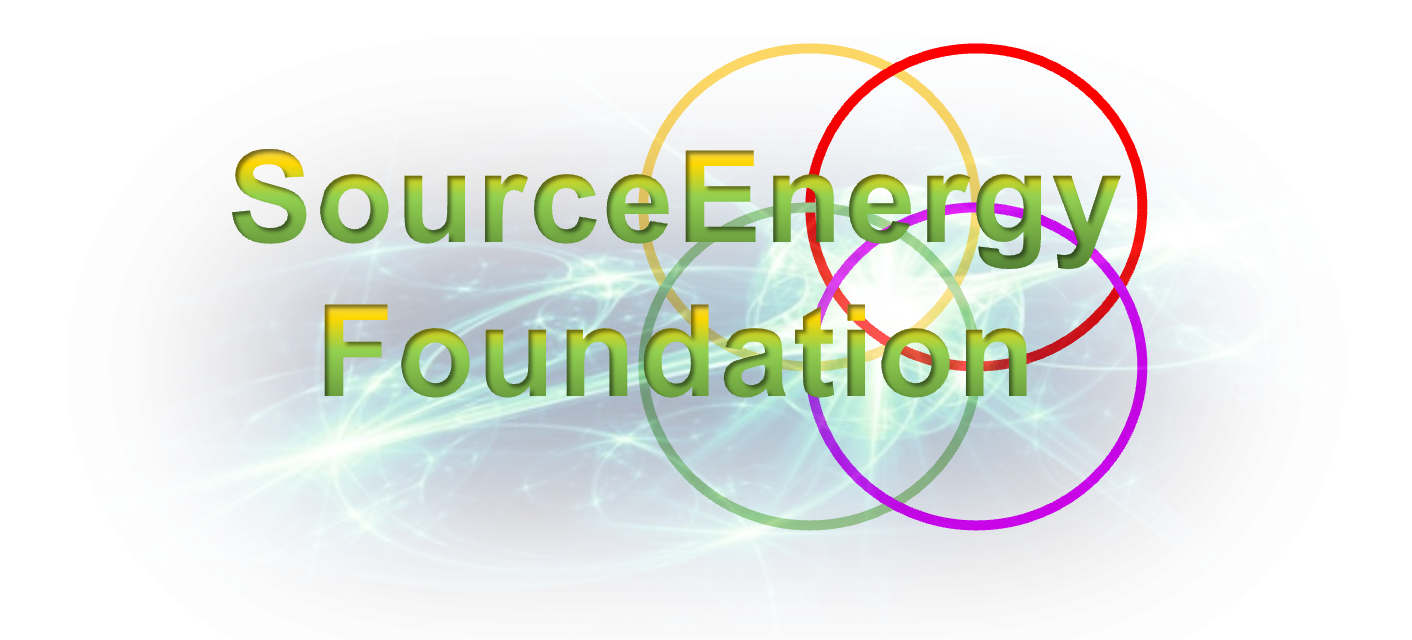Revelation 5.0
Translating these statements through the lens of the Wealth Ecology Model, which integrates concepts like energy, technology, community, and education, offers a unique perspective that aligns spiritual principles with sustainable development and societal well-being:
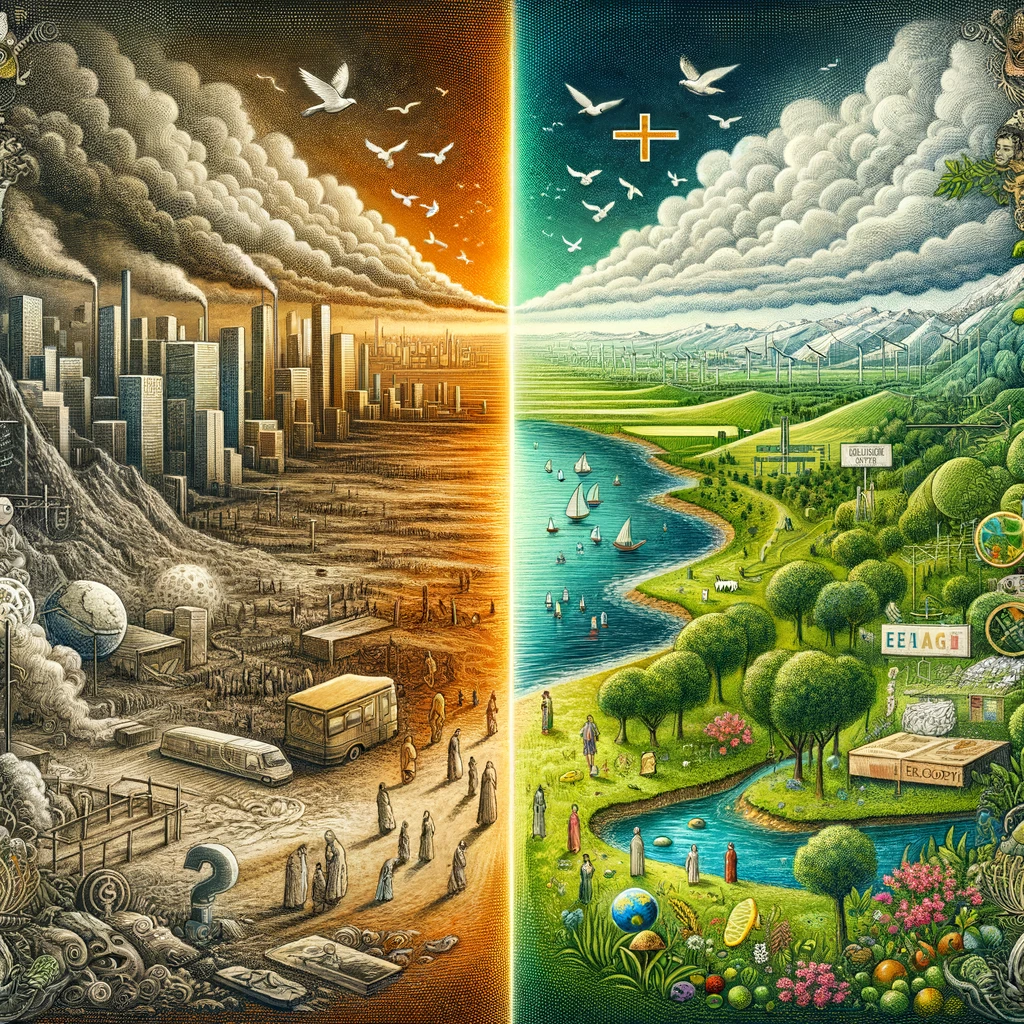
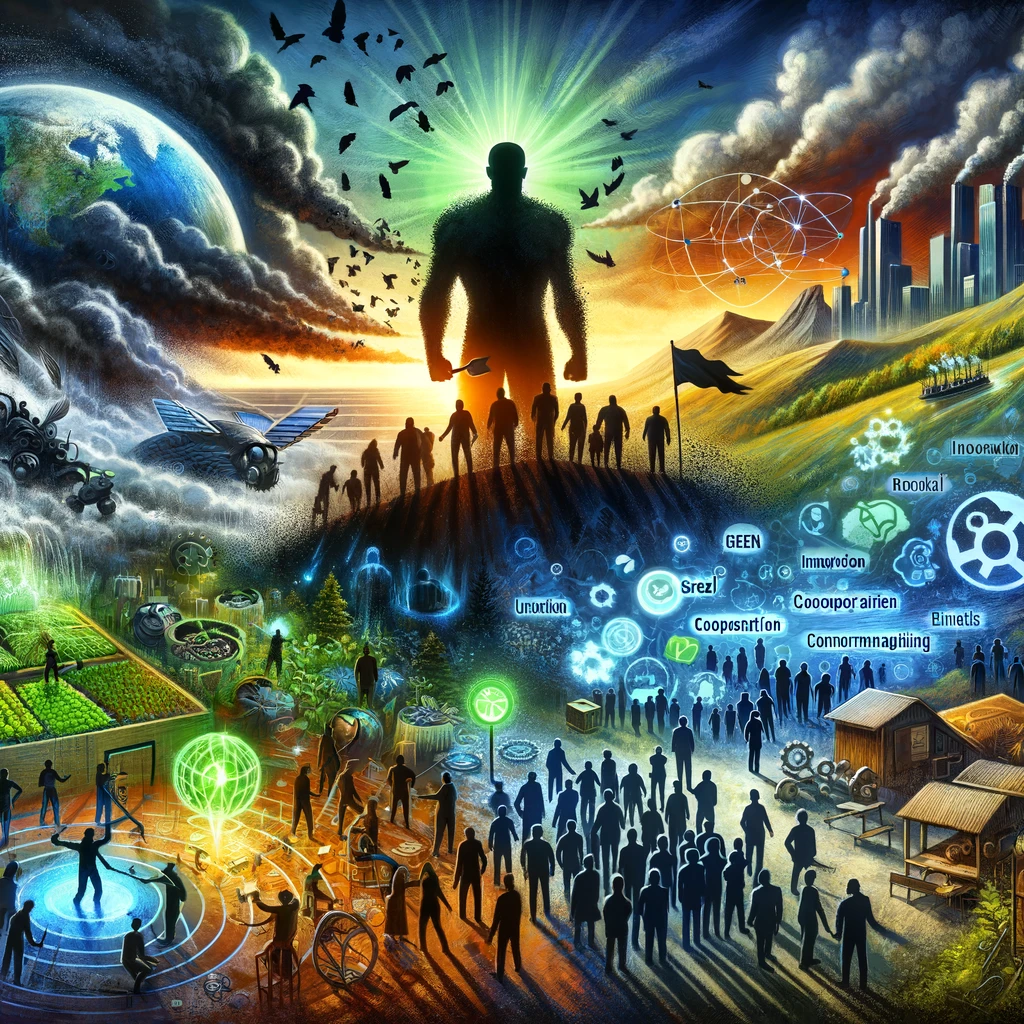
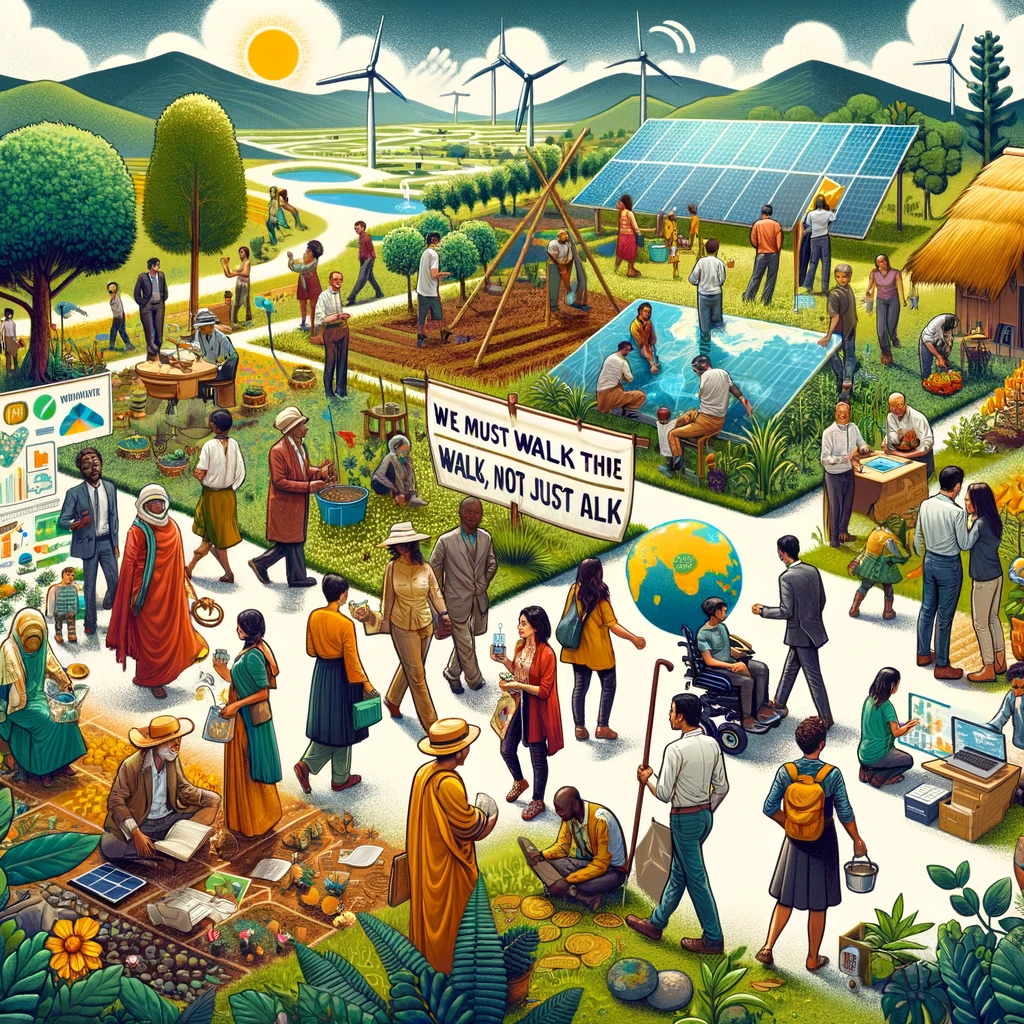
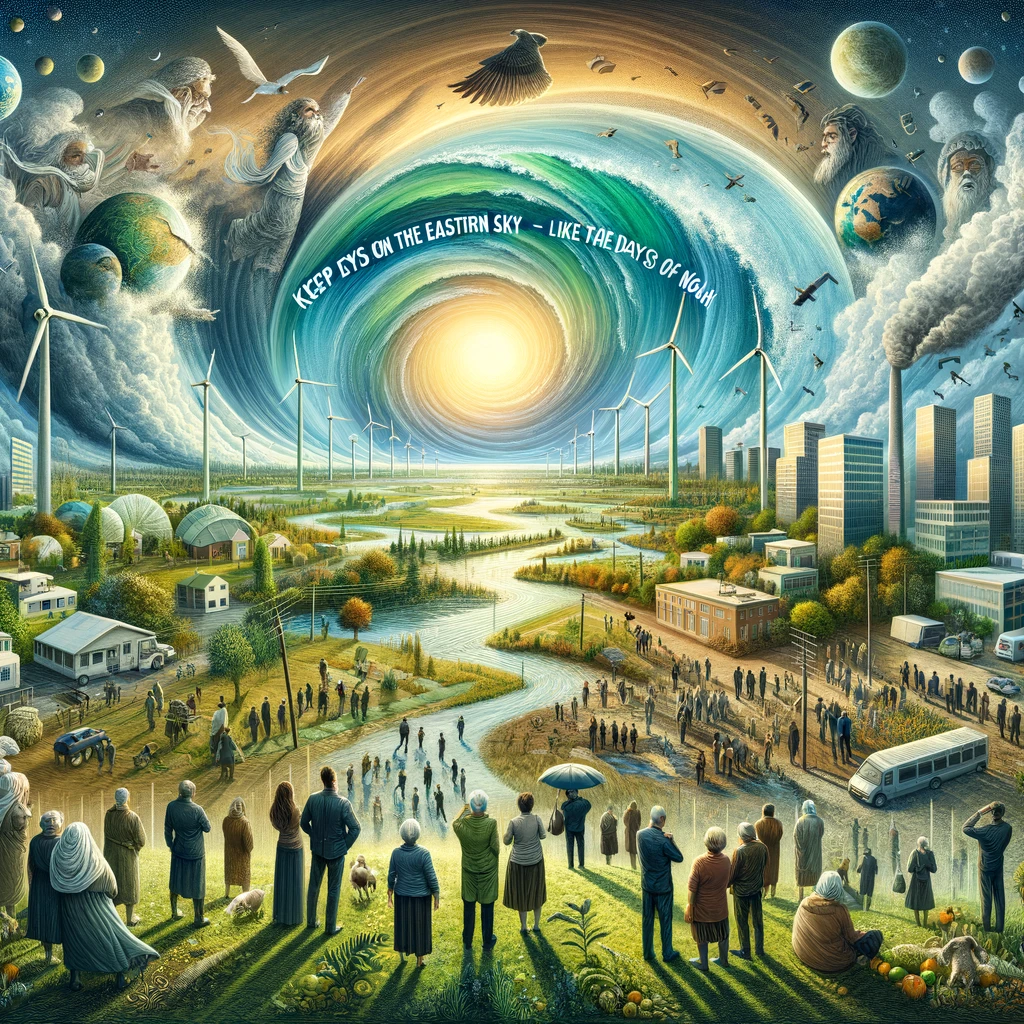

- Era of the Laodicean So-called Christians:
- Wealth Ecology Interpretation: This could symbolize a societal phase where spiritual and moral complacency parallels environmental and economic indifference. In the Wealth Ecology framework, this era would call for revitalizing genuine commitment to sustainable practices and ethical values in both spiritual and worldly domains.
- The Adversary is Personal and Powerful:
- Wealth Ecology Interpretation: The concept of a powerful adversary can be likened to the significant challenges faced in achieving sustainable development, such as climate change, social inequality, and resistance to change. In this model, overcoming these ‘adversarial’ forces requires concerted effort, innovation, and a strong moral compass.
- We Must “Walk the Walk” Not Talk:
- Wealth Ecology Interpretation: This emphasizes the importance of action over rhetoric. In a Wealth Ecology context, it means actively engaging in sustainable and equitable practices rather than merely discussing them. It’s about implementing real changes in how communities manage resources, educate their members, and utilize technology.
- Keep Eyes on the Eastern Sky – Like the Days of Noah:
- Wealth Ecology Interpretation: This could be interpreted as staying vigilant and prepared for significant global transformations, much like environmental or economic upheavals that require quick adaptation and resilience. It suggests being proactive and ready for pivotal changes in how societies interact with their environment and resources.
- The Holy Spirit Demonstration of Purging Fire – Matthew 3:11-12:
- Wealth Ecology Interpretation: The concept of purging fire aligns with the idea of purifying and renewing societal practices to achieve a more balanced and sustainable way of life. In this model, the Holy Spirit’s role could be seen as inspiring transformation and enlightenment, leading to practices that are in harmony with the environment and promote overall well-being.
In summary, through the Wealth Ecology Model, these statements invite a reimagining of spiritual principles as guiding lights for sustainable living, community development, and the responsible use of technology and resources. They encourage a move towards a more integrated approach where spiritual, social, and environmental well-being are interconnected.
